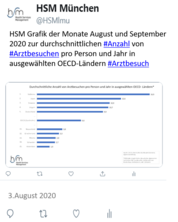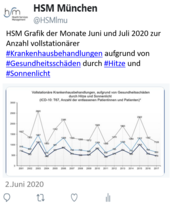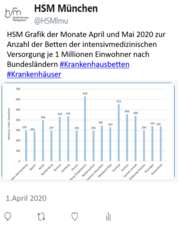Social inequalities in living conditions and health risks within a deprived urban area
| Authors/Editors: |
Koller, D Spies, G Bayerl, B Mielck, A |
|---|---|
| Publication Date: | 2009 |
| Type of Publication: | Articles in Non-Refereed Journals and Books |
| ISBN/ISSN: | 1861-6755 |
| erschienen in: | Prävention und Gesundheitsförderung |
| Weitere Quellenangabe: | Volume 4(2), Pages 129 – 35 |
Abstract
Background
For health promotion and prevention in deprived regions it should be considered that also within those areas there could be large social differences. This has rarely been assessed in empirical studies.
Methods
The analysis is based on a survey conducted in 2004 in an ”APUG-Region” in Munich. Data from 668 adults could be included. Social status is defined by four variables: educational level, per capita income, unemployment and type of residence. The dependent variables are: health behaviour and satisfaction with living conditions.
Results
There are large social differences within this area. As compared with higher status residents, residents with low social status are more dissatisfied with their living conditions, are less active in sports and watch more TV than residents with higher social status.
Conclusions
There are large social differences within this urban area. It should be asked, therefore, what kind of intervention programme is most appropriate for each social group.





